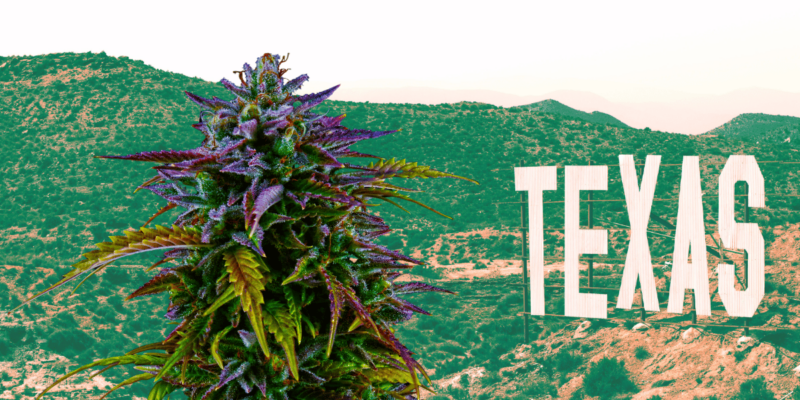In 2019, Texas lawmakers implemented changes in cannabis legislation, creating a landscape of uncertainty for residents across the state. With the legalization of certain forms of the cannabis plant, but not others, enforcement and prosecution of marijuana-related cases have become inconsistent, leaving Texans perplexed about the implications of the new laws.
Understanding the Differences: Hemp, Marijuana, and CBD
The distinction between marijuana and hemp often lies in their THC content, the psychoactive compound in cannabis. Marijuana is defined as cannabis with a THC concentration exceeding 0.3%, while hemp contains lower levels. Cannabidiol (CBD), a non psychoactive compound, is legal in Texas as long as its THC concentration remains below 0.3%. Despite claims of therapeutic benefits, the FDA only recognizes CBD’s efficacy in treating specific forms of epilepsy.
Current Legal Status
Though hemp is now distinguished from marijuana under Texas law, the use and possession of marijuana remain illegal. However, the challenges in accurately determining THC content have led to a significant drop in marijuana prosecutions across the state. While medical cannabis is legal in limited circumstances, recreational marijuana remains subject to criminal charges.
Regional Disparities in Prosecution
The approach to marijuana prosecution varies among Texas counties. Many prosecutors have chosen to drop low-level possession charges, opting for diversion programs or citations instead. Some cities have even implemented “cite-and-release” policies to minimize arrests. However, disparities persist, with cities like Plano allocating funds for THC testing in misdemeanor cases.
Efforts for Legalization and Public Opinion
Despite recent legislative efforts, including House Bill 63, aimed at reducing penalties for marijuana possession, progress toward legalization has been limited. Polls indicate widespread support among Texas voters for various forms of marijuana legalization, reflecting evolving attitudes towards cannabis use in the state.
Navigating the Future
In June, the Texas Department of Public Safety — the state’s largest law enforcement agency — ordered its officers not to arrest people but to issue citations if possible in misdemeanor marijuana possession cases, which still carry a penalty of up to a year in jail and a $4,000 fine. Other cities, such as El Paso, are considering enacting the “cite-and-release” policies.
The Austin City Council voted unanimously in November 2023 to end most arrests and fines — and ban spending city funds on testing — for possession of small amounts of marijuana. The police chief responded a day later, saying he would still issue tickets or arrest people. Under the new city resolution, those actions will come with no penalty.
But marijuana possession cases are still being prosecuted in some cities like Plano, a North Texas suburb that recently approved more money for the police department to test substances in misdemeanor marijuana cases. Local prosecutors require testing by private labs to determine THC concentration, which can cost hundreds of dollars. Counties that can’t afford a private lab are sending samples to DPS and either rejecting or postponing cases as DPS works to adopt a new testing method.
Are there efforts to legalize marijuana in Texas?
State Rep. Joe Moody, D-El Paso, last year introduced House Bill 63, which would have prevented police from arresting people for possessing an ounce of pot or less and made it a Class C misdemeanor carrying a maximum $500 fine.
It passed the House on a 103-42 vote. Abbott had said he was open to reducing the penalties for low-level marijuana possession, but the bill died in the Texas Senate.
What do the polls say? A majority of the state’s registered voters are in favor of some form of marijuana legalization, according to a University of Texas/Texas Tribune Poll from June. More than 80% of the state’s voters said they would legalize pot in some capacity, including medical marijuana (31%), small amounts (30%) or any amount (23%).
Hopefully Texas will take a more enlightened approach in the future with regards to cannabis. One that reflects the feelings of the constituents its legislative body has been elected to represent.



